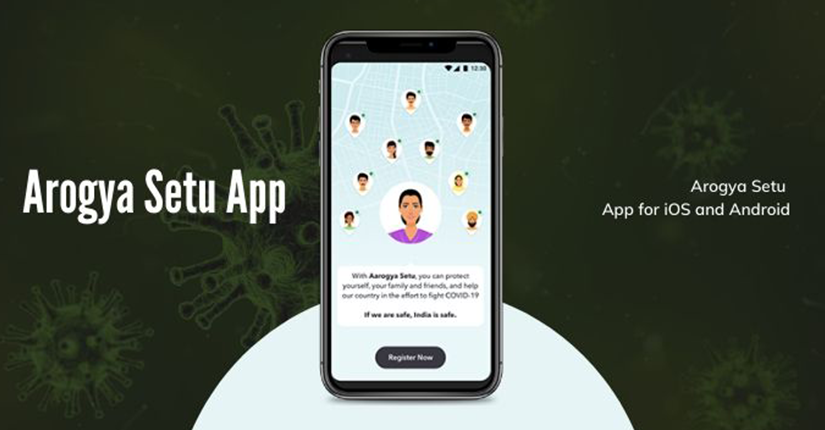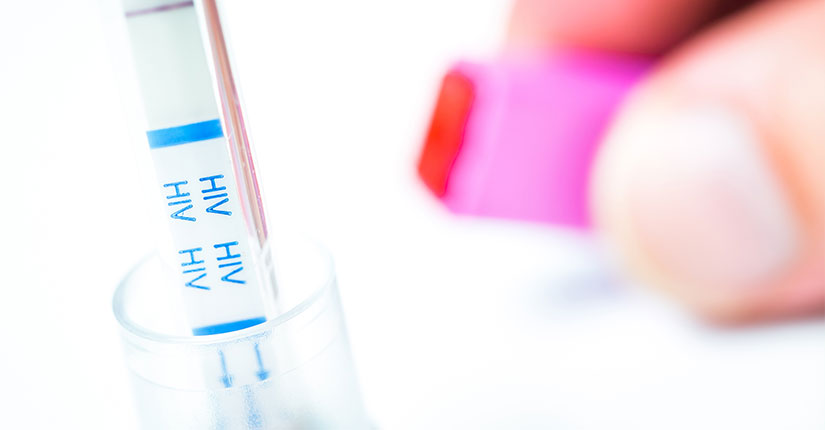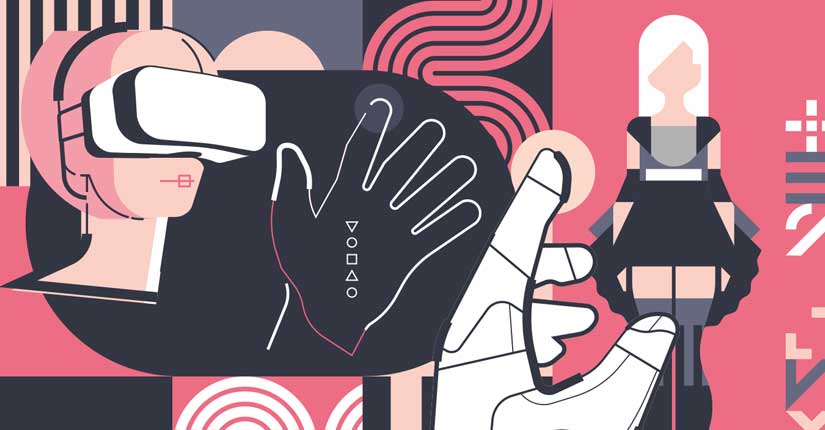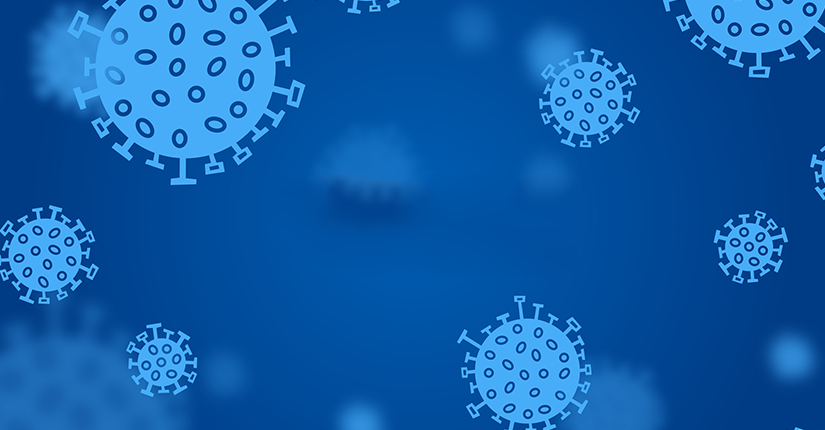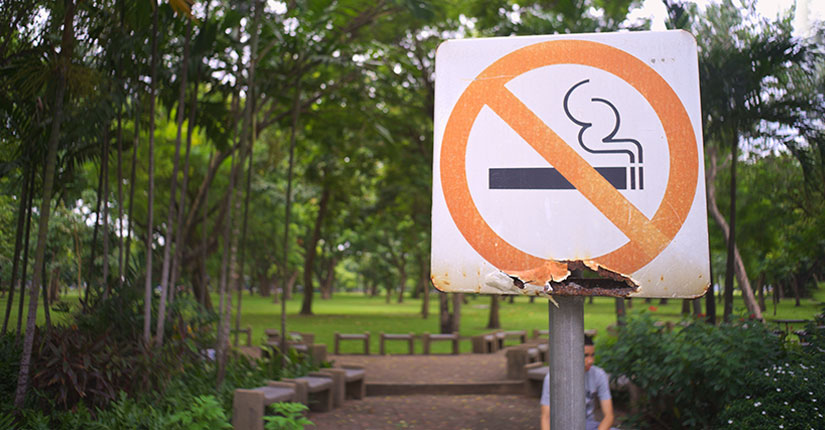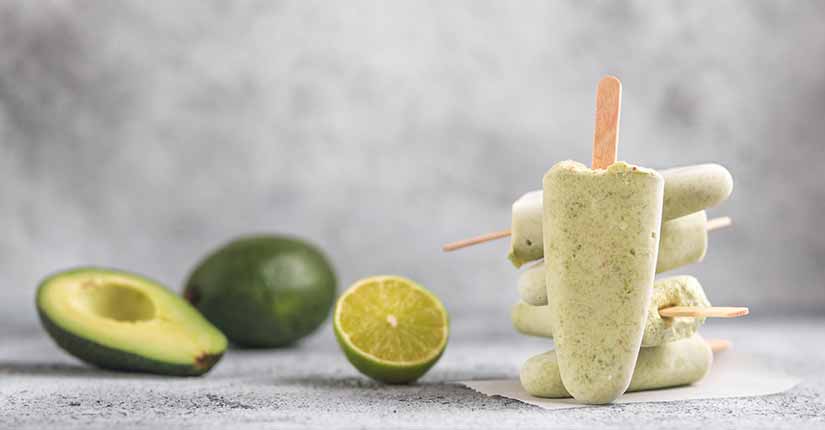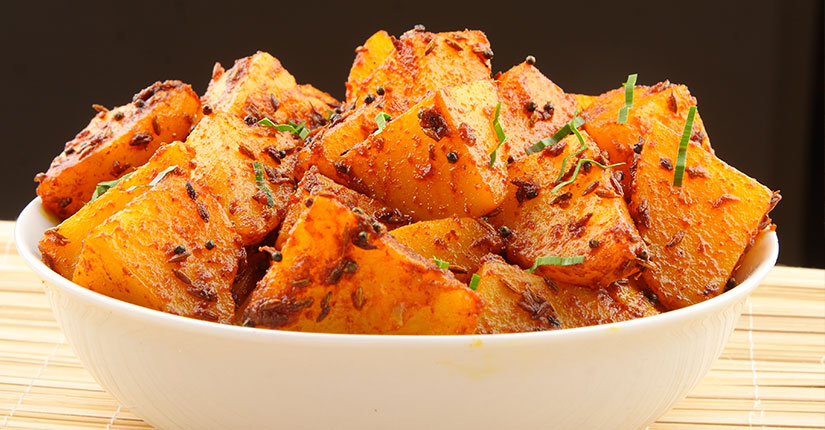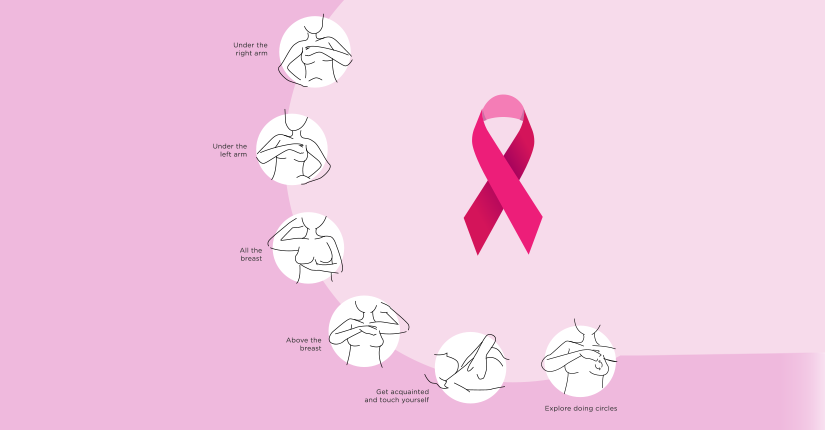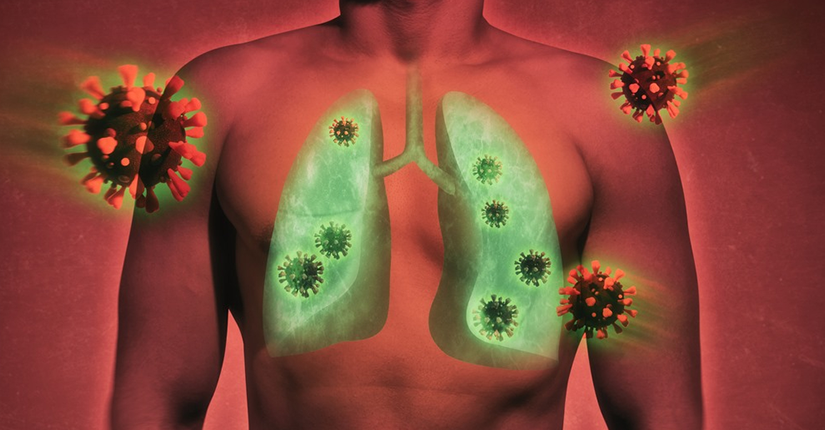Omicron Variant: Here is Everything You Need to Know About
By Nmami Agarwal 08-Dec 2021 Reading Time: 4 Mins
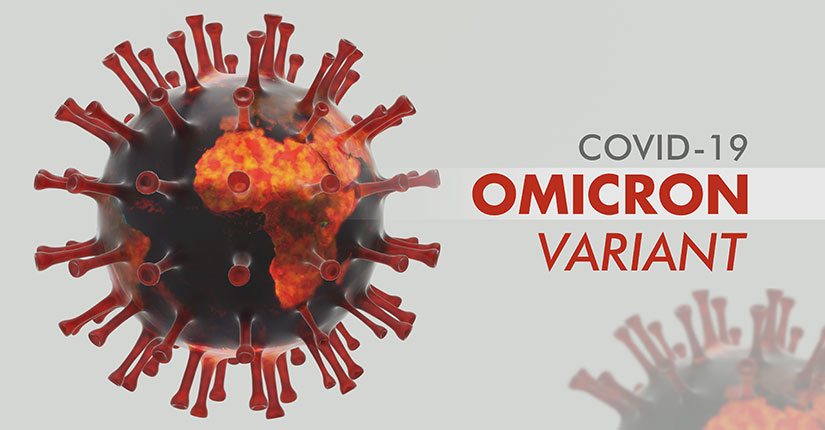
The new variant of the SARS-CoV-2 was declared by the World Health Organization on the 24th of the last month (November). It was initially detected in Botswana, South Africa, and classified as the variant on the 26th. Not soon after it got announced, it got designated as a variant of concern in the United States, and the US confirmed its first case in December.
Currently, the variant is being studied, and the variant has spread to places like Belgium, Hong Kong, Israel, and the southern parts of Africa. The variant got dubbed as concerning by many, and some after-effects were traveling ban, fall of markets, and emergency meetings were held to weigh the risk of this variant.
The World Health Organization categorized it as a variant of concern and stated that it could pose more threats than the delta variant.
What we know about the Omicron
- It is likely to spread more easily as compared to the Delta variant, it may be easily transmissible amongst people who are vaccinated as well, and anyone with the Omicron infection can pass it on to others. It is also more transmissible when compared to the original virus
- There is still a lot of research to be done on the reinfection status and if it will cause more serious illnesses or cause more symptoms as compared to the previous variant, or even death.
- It is said that the current vaccination can protect people against serious illnesses, or deaths due to the variant infection. There are chances of breakthrough infection possibilities, even in people who are fully vaccinated.
- There is still a lot of work that needs to be done on the treatment against Omicron and if the previous treatments used against Covid-19 will work on this newer variant, but currently research done on the genetic make-up of the variant shows that some treatments are still effective while some do not affect it.
Precautions-
- Vaccines remain the best shot against the battle with the virus. This health measure has shown to be an effective tool to protect people, slower down the rate of transmission, and reduce any likelihood of the emergence of newer variants. It also helps prevent serious illnesses. Get yourself vaccinated, fully vaccinated, or get booster shots, after the initial vaccination.
- Wear masks, it is not over yet. Wearing masks outdoors or in public where chances of transmission are high is necessary. Wear the right type of masks, regardless of the vaccination.
- Get tested if you observe any symptoms. You might be asked to have additional testing done if needed.
Footnote-
Use all tools at your disposal to fight off the virus at your end, ensure the safety of yourself and your surroundings.



